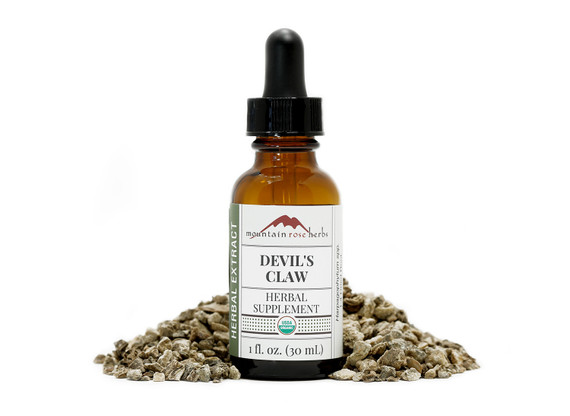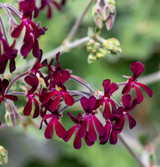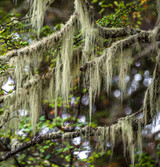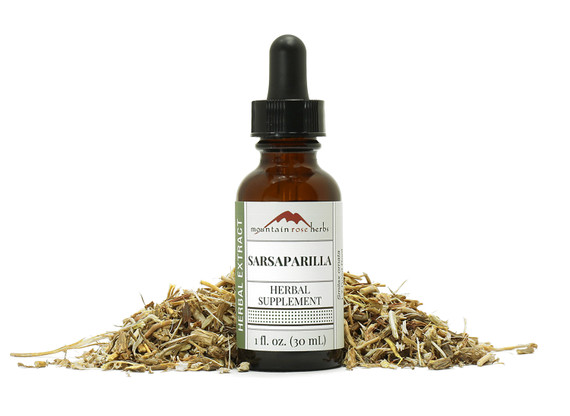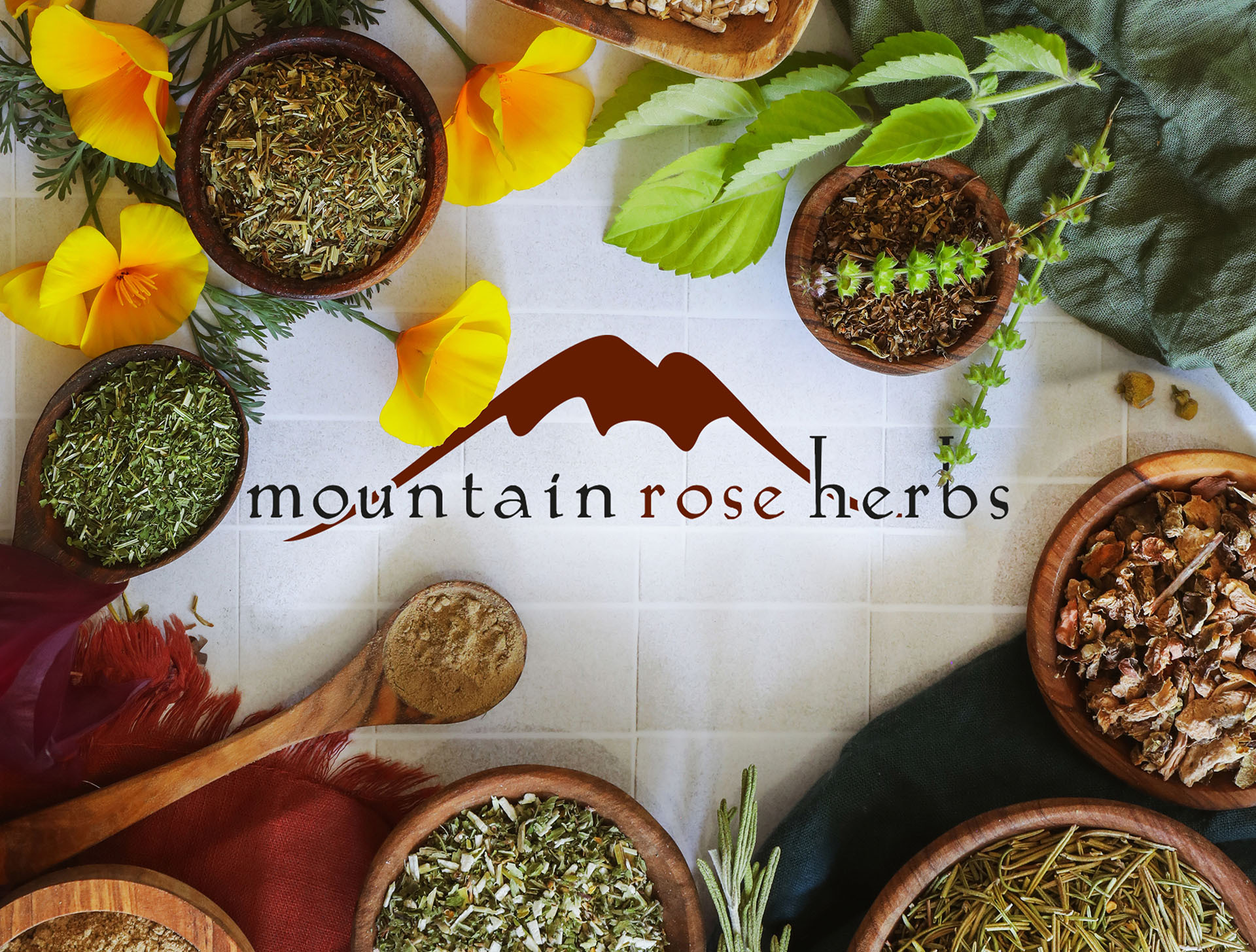Devil’s club is a large understory shrub native to the cool, moist forests of the Pacific Northwest (PNW) from Alaska to Oregon. The striking plant is typically identified by its towering stems and large palmate leaves which are covered in tiny spines. It is easy to see how devil’s club got its common name. Devil's club is acutely sensitive to human disturbance and reproduces intolerably slowly with individual plants taking several years to reach reproductive maturity.
A member of the Araliaceae family, devil's club is a cousin to ginseng, eleuthero, and spikenard. Growing along lakes, creeks, and streams throughout the PNW, there are also scattered colonies of devil's club on the western shores and islands of Lake Superior. An imposing plant, Oplopanax horridus is noted for its spiny leaves and woody stems and can grow to heights of 3 to 10 feet tall. Devil’s club is rhizomatous and has dense umbels of small white flowers forming a pyramid shape which ripen into bright red, toxic berries.
Devil’s club has a long history of use by Native American tribes who consider the herb an important medicinal and spiritual plant. In traditional indigenous healing practices, the bark was employed for its many healthful qualities, including for minor stomach complaints, respiratory support, and minor musculoskeletal complaints. Folklorically, the spiny stems and root were used for protection and in cleansing practices. The root bark was sometimes worn as an amulet and the ash used to make a ceremonial face paint. Many modern herbalists today consider devil’s club root to be energetically warming, sweet, and bitter and continue to utilize it in the same manner as its historical uses. Traditionally the root bark was prepared as a decoction or extract.
Our devil’s club tincture is made with fresh, thoughtfully wildharvested root bark. It is macerated in small batches at our extract facility to ensure quality and performance. Devil’s club extract is both slightly bitter and sweet to taste and can be taken in water or juice.
Ingredients
Organic alcohol, water, and fresh devil’s club root bark.
Packaging & Shipping
• 1 oz. and 2 oz. extracts come in amber glass bottles with a dropper.
Precautions
No known precautions. We recommend that you consult with a qualified healthcare practitioner before using herbal products, particularly if you are pregnant, nursing, or on any medications.
This information has not been evaluated by the Food and Drug Administration. This product is not intended to diagnose, treat, cure, or prevent any disease. For educational purposes only.



